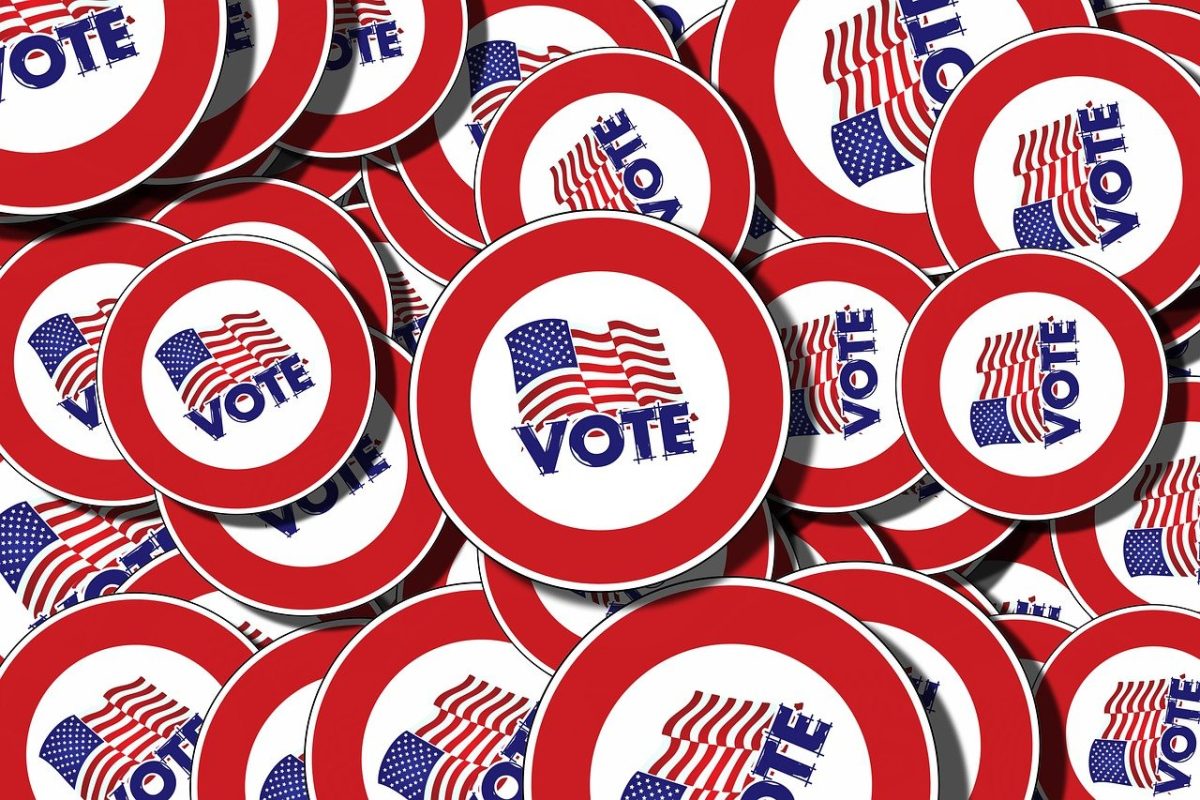 Joining the ‘Fair Trade Movement’ means our gifts bring a smile to the faces of both artisans and our special recipients.
Joining the ‘Fair Trade Movement’ means our gifts bring a smile to the faces of both artisans and our special recipients.
Everybody, everywhere enjoys celebrating holidays and exchanging gifts; by shopping ethically through the Fair Trade movement, shoppers can promote global well-being and equality.
Holiday countdowns commence. Peppermint mochas, ugly sweaters, bright candles, and colourful ball-shaped ornaments appear all around the globe. With Christmas, Hanukkah, and many other holidays approaching, shopping sprees begin. Malls, stores, and boutiques are packed with people searching for perfect gifts for their loved ones. Americans spend an average of $514 per year on gifts, Japanese spend between 10,000 to 20,000 yen per year on gifts, South Africans spend an average of 354 rand, and dozens of other countries spend similar amounts. Most recipients of these gifts are delighted with their presents, and the giver is delighted with the smiles on their loved ones’ faces. Both givers and getters benefit. But what about the gift maker?
Someone always pays for a product– low prices for consumers can mean high costs for producers. Countless shoppers around the globe are unaware that their gift receipts are filled with prices that harmed the hands behind the product. An alarming amount of popular brands receive products from sweatshops. A sweatshop is a factory or job (often located in poor countries) that pays its manufacturers low, unjust wages, often requiring manufacturers to labor in harmful settings and standards. 85% of laborers trapped in sweatshops are women, while 250 million children also labor in unhealthy environments. How can we combat this?
The Fair Trade movement steps in here. Fair Trade companies are organizations, businesses, and nonprofits dedicated to ensuring the satisfaction and well-being of both shoppers and manufacturers. Fair Trade products are trendy and high-quality. The Fair Trade market offers a wide variety of merchandise: Handmade chocolate, dresses, jewelry, games, toys, coffee, home décor, etc. Artisans are makers who stitch, hammer and sculpt the products.
Fair Trade not only changes the lives of impoverished men and women, it holds the power to change entire cities, villages, and economies. Our money sustainably supports manufacturers–in communities with ethical exchanges, the future builds itself up brighter and stronger. Children attend schools, girls and young women quit dirty, demeaning jobs, and parents support their growing families. Ethical holiday shopping is a swap. Both parties benefit. Shoppers can feel peace knowing their money helped an artisan secure dignified work and pay, all while receiving a beautiful item. Through shopping Fair Trade, we receive something wonderful we feel good about gifting to a loved one.
Sources cited:
https://www.thesouthafrican.com/lifestyle/what-is-right-amount-to-spend-on-christmas-gifts-presents/
https://www.statista.com/statistics/949973/japan-planned-christmas-presents-budget/
https://blog.gitnux.com/sweatshop-statistics/
https://www.ecofriendlyhabits.com/sweatshop-facts-and-statistics/
https://www.zippia.com/advice/christmas-spending-statistics/
Photo credit: Artwork by Eila Adair


















